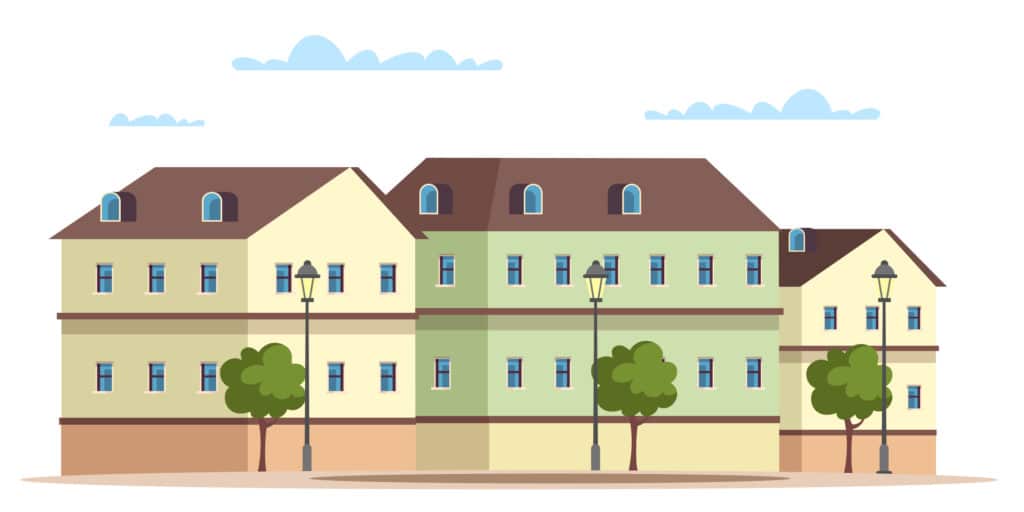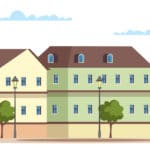Chicago’s new apartment building drops

A new study predicts that 6,160 new apartment units will be constructed in Chicago this year, down from 8,970 in 2020.
Why it matters: A housing shortage in the U.S. has contributed to the rising cost of both renting and buying.
What’s happening: Chicago is among the 20 metro areas where the bulk of new pandemic-era apartments are located, per the report by RentCafe, which analyzed data from real estate intelligence service Yardi Matrix.
Zoom out: A historic surge in new apartment supply — 1.2 million units were completed during the pandemic — helped curb rent growth nationwide, but some parts of the country saw more housing being built than others.
The big picture: Nearly three-fourths of renters say they’re renting in an area where they couldn’t afford to buy, according to a new survey from RealPage, a real estate analytics and software company.
Reality check: Around 89% of the U.S. units completed from 2020 through 2022 are high-end, per the report, and not the type of affordable apartments many renters want.
Flashback: Amenity-packed luxury apartment buildings are popping up across Chicago.
Asking rents for new leases in the Chicago metro area are up roughly 3% from a year ago, according to August data from RealPage.
What they’re saying: Steep rents and choosy landlords pushed Kirsten Onsgard, a 30-year-old graduate student, to purchase a one-bedroom condo in Rogers Park.
Onsgard tells Axios they have “10 years of good rental history and plenty of savings — I just don’t have the monthly income right now” to meet some landlords’ requirements such as “4x rent in income.”
Data: RentCafe; Note: Includes buildings with 50 or more units; Chart: Axios Visuals
Zoom in: Outside the city, far west suburb Warrenville, near Naperville, led Chicagoland in new apartments built during the last three years, per the RentCafe report.
What’s next: Across the U.S., 1 million rental units are slated for completion through 2025, but higher costs and other headwinds could hinder developers’ pace in future years.
“Tightening of bank lending standards — combined with rising costs of construction materials, labor and land — has made new projects harder to pencil,” senior analyst Doug Ressler at Yardi Matrix says in the report.
Source: axious.com










